The safest places in case of a nuclear attack
In the event of a nuclear attack, the chances of survival depend on numerous factors, including the nature of the attack and the isolation of the location. While complete safety is never guaranteed during a global catastrophe, some countries might offer a relative refuge.
Where to seek refuge?
The following countries are often cited as potentially safer places during a nuclear conflict:
- New Zealand: Often at the top of the list due to its isolated location in the Southern Hemisphere, far from the strategic targets of major powers and conflict zones. Its low population density and self-sufficient food production also add to its appeal.
- Iceland: Also isolated and neutral, Iceland possesses geothermal energy and its own food sources, which are crucial for post-disaster survival. Its strong civil defense system is also noteworthy.
- Australia: While Australia’s major cities would likely be targets, the continent’s vast, sparsely populated inland areas could offer refuge. The country’s political stability and significant food production capabilities are also advantages.
- South America (Argentina, Brazil, Uruguay, Paraguay): These countries are located in the Southern Hemisphere, away from potential conflict zones. Due to their vast agricultural lands, they might be able to sustain food supplies even during a nuclear winter.
- Switzerland: Beyond its neutrality and geographical isolation, Switzerland boasts a unique and extensive network of nuclear fallout shelters capable of accommodating its entire population.
Why are these locations important?
The countries mentioned above offer relative safety due to the following factors:
- Distance from Targets: The safest places are far from major cities, military bases, and industrial centers, which would be likely nuclear targets.
- Neutrality and Stability: Neutral and politically stable countries are less likely to become direct targets and are better equipped to respond to a crisis.
- Self-Sufficiency: Countries capable of self-sufficiency in food and clean water significantly increase survival chances.
- Low Population Density: Sparsely populated areas would incur fewer direct casualties and are easier to manage in the aftermath of a disaster.
It’s important to emphasise that the global consequences of a nuclear war would be felt everywhere, including climate changes caused by nuclear winter and radiation. However, certain locations may offer better chances for survival and rebuilding.
#NuclearAttack #Survival #SafeHavens #NuclearWar #Shelter #GlobalCatastrophe #DisasterPreparedness #NewZealand #Iceland #Australia #ContinentSurfer
Want to know more?
Comment
